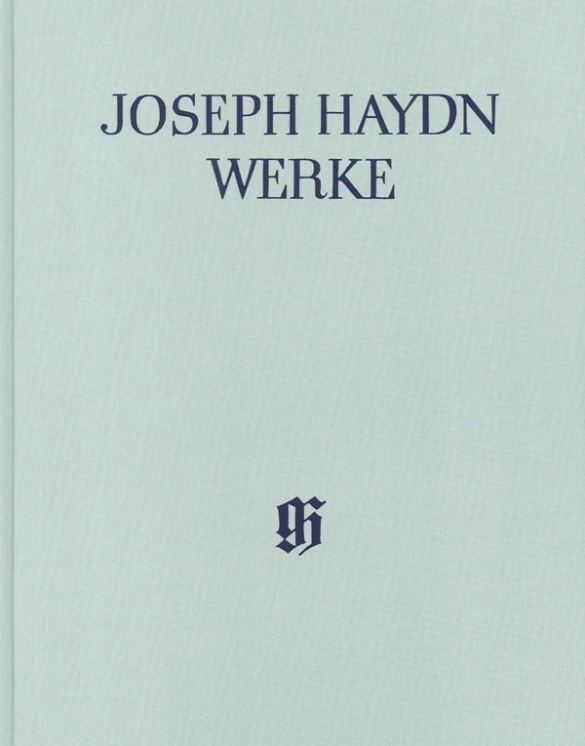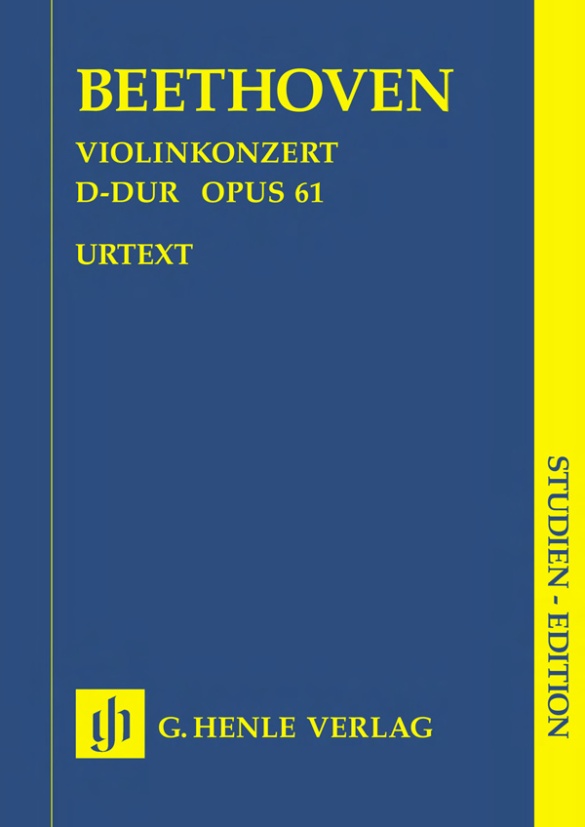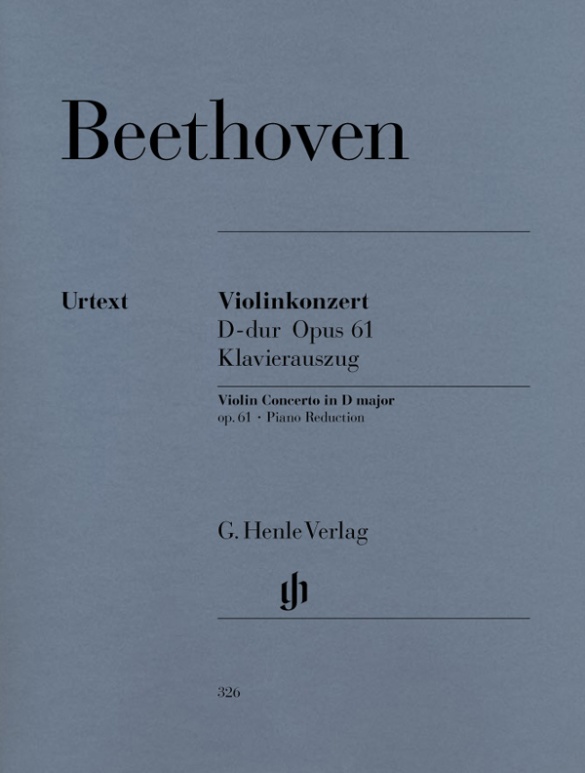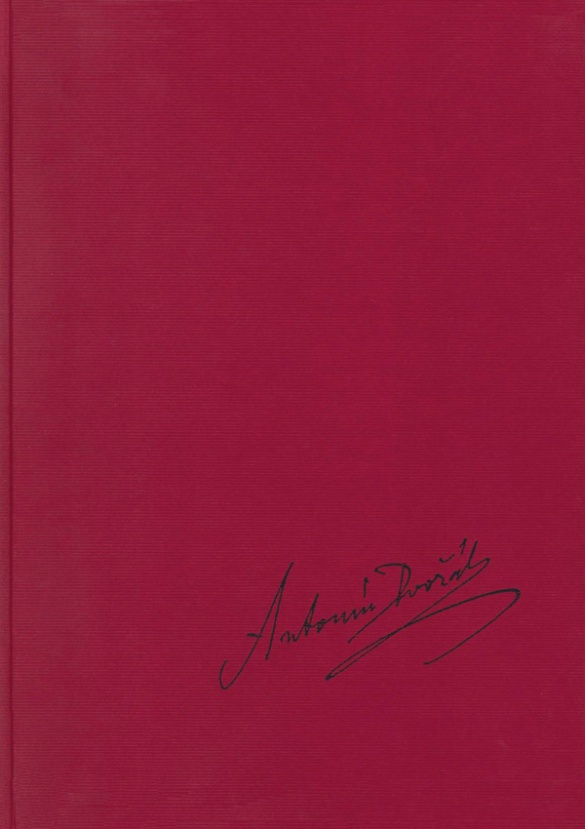

Antonín Dvorák
Piano Concerto g minor op. 33
Written in one fell swoop and polished for ages: thus arose one of the most significant works of Czech piano music. Dvorák’s G-minor Piano Concerto was composed in barely two months in 1876 only to be refined for more than seven years before it finally appeared in print. As a result, Dvorák’s handwritten score abounds in changes and corrections. The 141-page autograph bears impressive witness to the work’s extraordinarily difficult gestation. Besides the original text, it contains annotations in lead, red and blue pencil as well as red ink, not to mention many passages hidden beneath pasted slips of paper. Until 1990 the score was owned by Dvorák’s heirs. At the instigation of the pianist András Schiff – and with his generous financial support – we can now present the first complete facsimile edition of this exhilarating document in a high-quality reproduction that uncannily resembles the original to the last jot. Readers are invited to track down and follow the stages in the work’s genesis. An ideal gift for the “Dvorák Centenary Year” in 2004 … and of course there after as well.
mws-henle.cms.title-works.headline
mws-henle.cms-product-detail.composer-headline
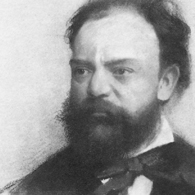
Antonín Dvorák
With Smetana he is the most famous Czech composer of the nineteenth century, contributing to the dissemination and appreciation of Czech music throughout the world. Among his around 200 works, encompassing all standard genres, are nine symphonies, fourteen string quartets, and twelve operas.
| 1841 | Born in Nelahozeves (Mühlhausen) on the Vltava River on September 8, the son of a butcher and innkeeper. |
| 1853 | Attends the training school in Zlonice; there he receives a comprehensive musical education from Josef Toman and the cantor Antonín Liehmann; subsequent education in Česká Kamenice (1856–57). |
| 1857–59 | Studies at the organ school in Prague. Until 1871 he will earn his living as a music teacher, organist, and violist. |
| 1861 | String Quintet No. 1 in A minor, considered his first work. |
| 1862 | Position as solo violist in the orchestra of the Bohemian Provisional Theater (conducted by Smetana, among others) |
| 1873 | Breakthrough with the premiere in Prague of his patriotic hymn “The Heirs of the White Mountain,” Op. 30. Employment at the private Prague School of Music. Several state scholarships. |
| 1874–77 | Organist at St. Adalbert church. |
| from 1876 | “Moravian Duets,” Opp. 20, 29, 32, and 38 (1876–77), “Slavonic Rhapsodies,” Op. 45 and the first series of “Slavonic Dances,” Op. 46 (both from 1878) enjoy great success. His fame abroad grows. |
| 1882 | Premiere of the opera “Dimitrij”, in the tradition of grand opera. |
| 1884 | First invitation to England, after which eight more will follow. |
| 1886 | Premiere of his oratorio “Saint Ludmila,” Op. 71. |
| 1891 | Professor of composition at the Prague Conservatory. |
| 1891–95 | Director of the National Conservatory of Music in New York. |
| 1893 | Premiere in New York of Symphony No. 9, “From the New World,” Op. 95 (American folkloric elements, cyclic techniques). |
| 1901 | Premiere in Prague of his most famous opera, “Rusalka.” |
| 1904 | Premiere in Prague of his last opera, “Armida.” Death in Prague on May 1. |
mws-henle.cms-product-detail.author-headline
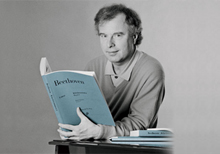
András Schiff (mws-henle.person.role.GELEITWORT)
» Biography
Product Safety Informations (GPSR)

G. Henle Verlag
Here you can find the information about the manufacturer of the product.G. Henle Verlag e.K.
Forstenrieder Allee 122
81476 München
Germany
info@henle.de
www.henle.com
推荐
autogenerated_cross_selling


